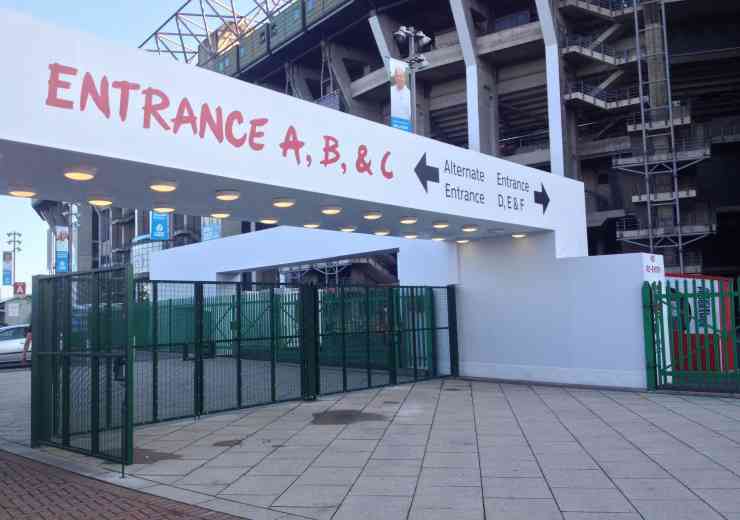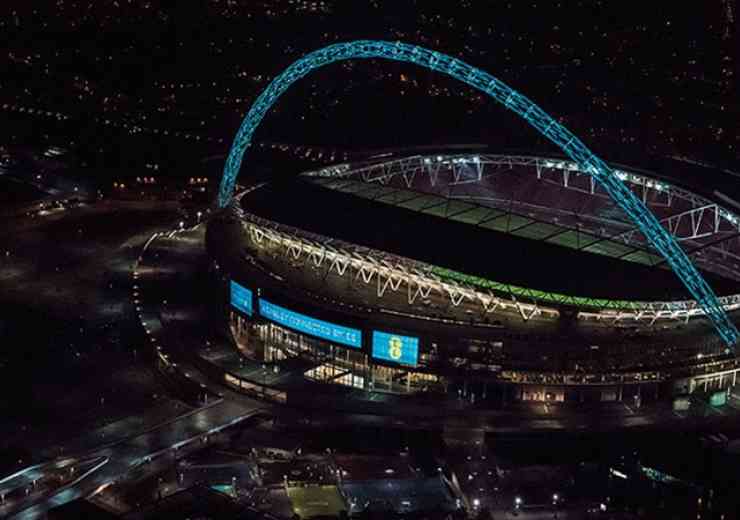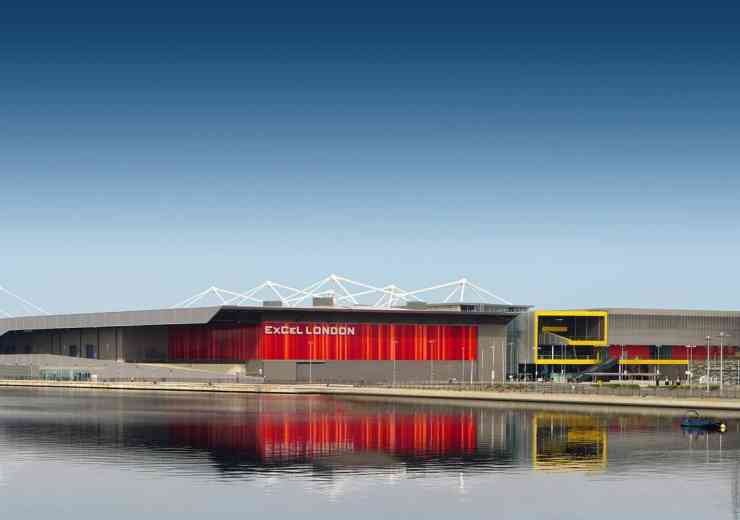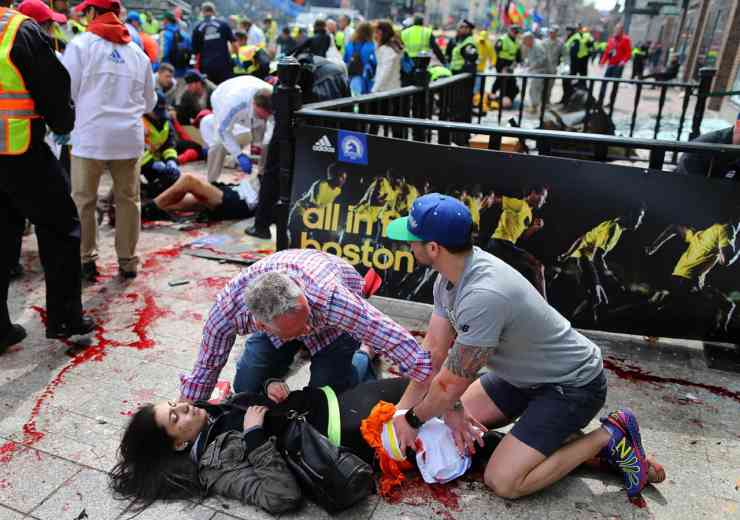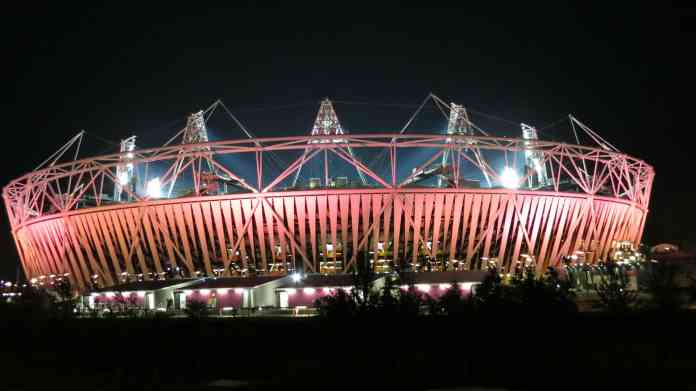
CTB Interview: Large-scale sporting events
CTB: Across Europe, stadium security could best be described as inconsistent, with instances of poorly policed fan segregation and flares often seen in European competitions. How can such inconsistency be improved?
DS: In my 30 years in the police, this was one of the major challenges. In the UK as a whole, there is now a consistent approach to both policing and security of football matches however, even with this robust approach, there are still regular instances of flares and pyrotechnics inside stadiums. The only answer to this is through coordination between clubs (or national Associations), the police and security authorities and the broader justice system of the courts. In addition, engagement with fan groups to try, wherever practical, to ensure self-policing is of value.
At the World Club Cup in Doha in December, fans of the African champions managed to bring flares into one of their qualification matches. This again was a first for the Doha police and security officers and, while it would have been nice for it not to have happened, the learning from this will be invaluable for them moving forward. At the same event this coming December, I am certain that enhanced security measure will be implemented.
For the World Cup, FIFA produce a manual that outlines the security requirements – both in terms of physical and procedural operations. The lessons learned from previous events are also shared and this information is added to the protective security plans for the event.
However, the simple fact is that, if groups make a concerted effort to disrupt and event, either through violence or pyrotechnics (or organised crime etc.) then the response needs to be appropriate, including the justice system dealing swiftly and harshly with offenders.
It is only through the consistent approach to planning, prevention, mitigation and response that things will improve and the ability of authorities to be allowed to take a learning approach as opposed to a ‘blame game’ will play a big part in the overall improvement.
CTB: How important is it to recognise the crucial part that areas outside of the ground play in the safe arrival and departure of spectators?
DS: The common terminology for this area is ‘last mile’ – not to be taken literally, but usually reflective of the zone between transportation hubs at a venue and the turnstiles. This space during a major event, in effect becomes a ‘crowded place’ and attracts the associated risks. We see this week in and week out in the Premier League (or other football competitions) and this is an area that tends to fall under the responsibility of the police, as opposed to private security contractors.
Compared to the areas inside the ‘red line’ of a venue (where search and screening takes place) the last mile can be seen by some as a soft target. Nowadays however the work to secure the safety of people in this area is becoming much more sophisticated. The use of specially trained Behavioural Detection operatives is now commonplace. Portable (or permanent) technology such as HVM or CCTV adds both physical and visual deterrence. The advent of Artificial Intelligence software to CCTV also provides more options, along with more traditional resources such as explosive detection dogs.
However, much of the focus in the past was on the time leading up to entry to the venue but the horrific attack at the Manchester Arena will ensure that, moving forward, the same emphasis is placed upon the egress of spectators, until they have fully dispersed.
What is crucial for event organisers is that the security operation goes far beyond the geography of the venue and the actual duration of the event.
CTB: Based on your experience over a 12 month period as Interim Director of Security for Birmingham 2022, are the event and city in a good place in terms of event security planning?
DS: Bearing in mind that Birmingham was a last-minute replacement for Durban as the host for the 2022 Commonwealth Games, the security planning for the event is in a very good place (in my humble opinion). The Commonwealth Games Federation have an individual contracted as their ‘Security Advisor’ and, as soon as Birmingham was awarded the Games, this individual ensured that the necessary early strategic plans were in place. By the time of my appointment as Interim Director of Security in October 2018, the Home Office and DCMS had already established a Security Board to provide high-level oversight of early plans.
My first job was to progress with the development of an agreement with West Midlands Police around roles and responsibilities. The outcome of this was an agreement that, as had happened at the 2014 Commonwealth Games in Glasgow, the Chief Constable of WMP would retain ultimate accountability for security of the Games, with the police responsible for areas in the public domain and the Organising Committee responsible for the venue security from the ‘red line’ inwards. Early engagement also took place with the UK Military who have in recent major events, played a crucial role in supporting both police and Organising Committee.
Support from government has also been excellent with both the Centre for the Protection of National Infrastructure providing specific advice on search and screening options and the National Cyber Security Centre also engaged at an early stage.
The event will also obviously have a wider impact on Birmingham and the West Midlands and the Head of Resilience for Birmingham City Council has also been engaged from the outset, along with partners in other areas, such as Transport for West Midlands and British Transport Police.
One thing that those not involved in mega sport events will not be aware of is the crucial work that is undertaken inside an Organising Committee with other functional areas. Key internal stakeholders include Venue Operations, Sport and Transport. The final security plans cannot be completed until the venue plans are at an advanced stage (where to search and screening lanes fit at a venue) the sport schedule is complete (the length of time between sessions can dictate the type of search to be undertaken depending on flow rate of spectators per hour) and the means of getting both spectators and competitors to and from a venue are known.
Fortunately for Birmingham 2022, the Organising Committee have employed a team of vastly experienced professionals in all of the above areas. The West Midlands Police planning team are now co-located with the Organising Committee Security Directorate and, with a permanent (and experienced) Director of Security now in place, swift progress on this hugely complex event can be achieved.

David spent 30 years in the police, rising to the rank of Chief Superintendent. He is now the Managing Director of Taynuilt Associates Ltd which provides consultancy and training services across all aspects of security, risk and crisis management, including clients in the UK, Europe and the Middle East. David spent 12 months as the Interim Director of Security for the Birmingham 2022 Commonwealth Games and is currently providing training relating to protective intelligence and major event security to government agencies in Qatar.
David is a Fellow of the Security Institute, Fellow of the Institute of Strategic Risk Management and is a Visiting Speaker at the University of St Andrews.
Pages
digital issue







